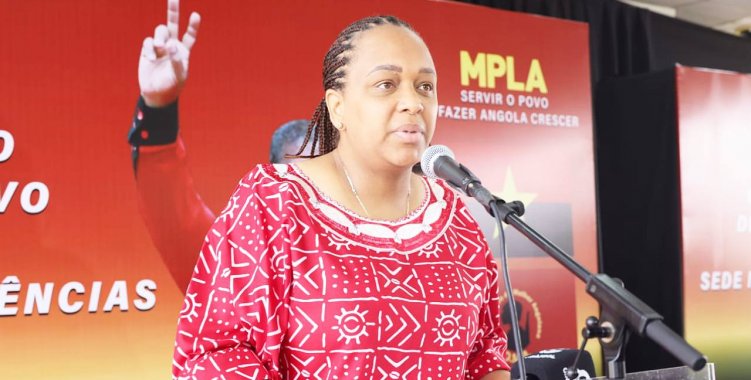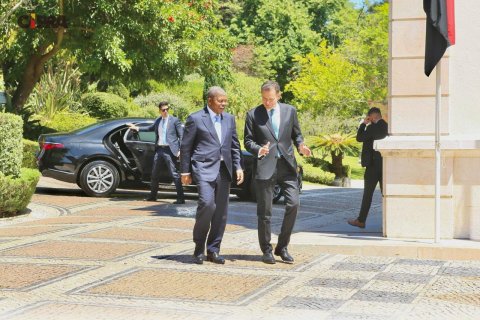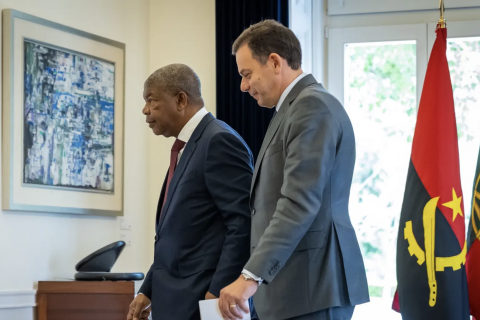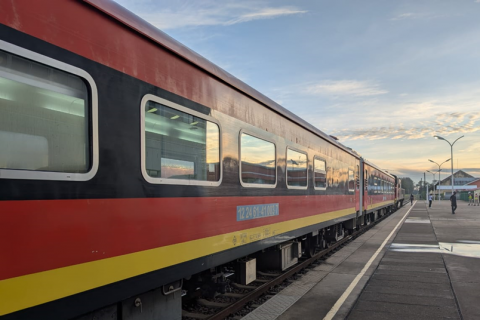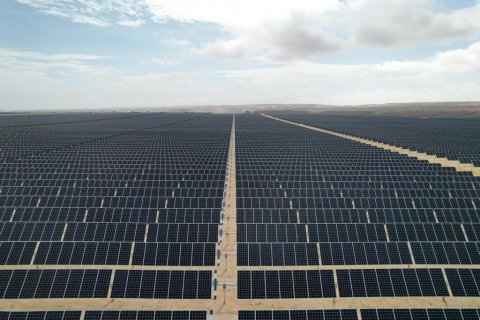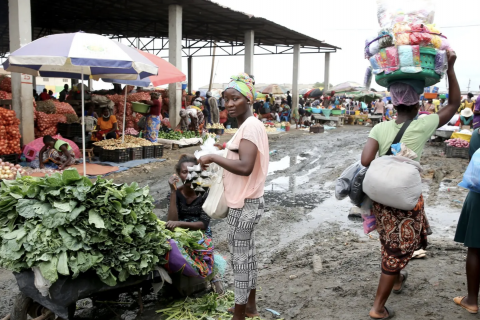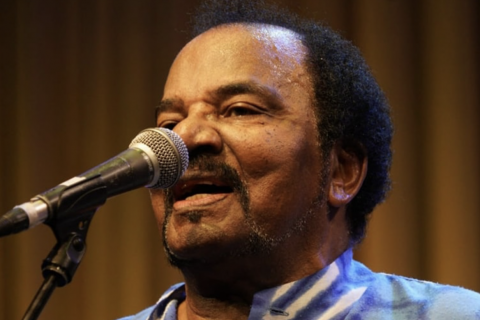Speaking to Lusa on the sidelines of the Ibrahim Forum, taking place in Marrakesh, she revealed that participants from other African countries are "quite expectant about President João Lourenço heading the African Union".
"We still have some conflicts in Africa to resolve and Angola ends up having an added responsibility", she explained.
"These are challenges that we truly believe we will be able to, if not resolve, at least minimize", she added.
Lourenço took over the rotating presidency of the organization in February, an essentially honorary position held for a year, choosing conflict resolution as a priority.
However, in March he announced that he would be abandoning his role as mediator in the conflict between the Democratic Republic of Congo (DRC) and Rwanda, after direct negotiations with the rebel group M23 failed and citing "external" factors.
Mara Quiosa said she had contacted a delegation from Sudan, the scene of the largest conflict on the African continent, to ask for the attention of the presidency of the African Union.
"We will raise this concern. They asked us to convey this concern to President Lourenço and we will do so," she assured.
At the conference, whose theme was "Leveraging Africa's resources to fill the financial deficit," in addition to discussions on political and financial reforms, she said she was interested in the topic of female leadership.
"As a woman, it could not be any different. We were able to share some experiences from other countries, from other realities here in Africa, but always with the aim of saying that women are here and women are capable of doing things and women want to add value to all these public policies that have been drawn up, but also at the level of the political parties themselves," she told Lusa.
In office for about six months, Quiosa was previously governor of the provinces of Cuanza Sul, Cabinda and Bengo and vice-president of the Administrative Commission of the City of Luanda for the Political, Social, Community Affairs and Environment Areas.
The new vice-president of the party that has been in power in Angola since independence in 1975, believes that the experience she has accumulated "also helps in her day-to-day work" and that it gives her "a different perspective of the country".
"I have enough authority to say that I know the country, I know the needs of the communities, I know the desires of the population, because we have in fact been there with them", she stressed.
The 44-year-old leader believes that "close governance is increasingly important".
Seen as a possible successor to Lourenço, whose second term ends in 2027, Quiosa preferred to emphasize the growing female influence in politics in Angola, such as the support of the President.
During her terms, she argues, there have been more women governors and ministers, the positions of vice president of Angola and president of the National Assembly are also held by women, and around 40 percent of the parliament is made up of women.
"We have more and more women in decision-making positions, in leadership positions, than we had years ago (...). And we have exercised this new role, with great skill, but also with resilience, because it is not easy," she stressed.
"As women, we have the need to prove to society, to prove to the world what we are capable of, every day," she said.
The IGW 2025 conference, which began on Sunday, will run until Tuesday in Marrakech.
Politicians, academics and activists will discuss how African countries can mobilize to accelerate social and economic development in an international context of declining foreign aid.

